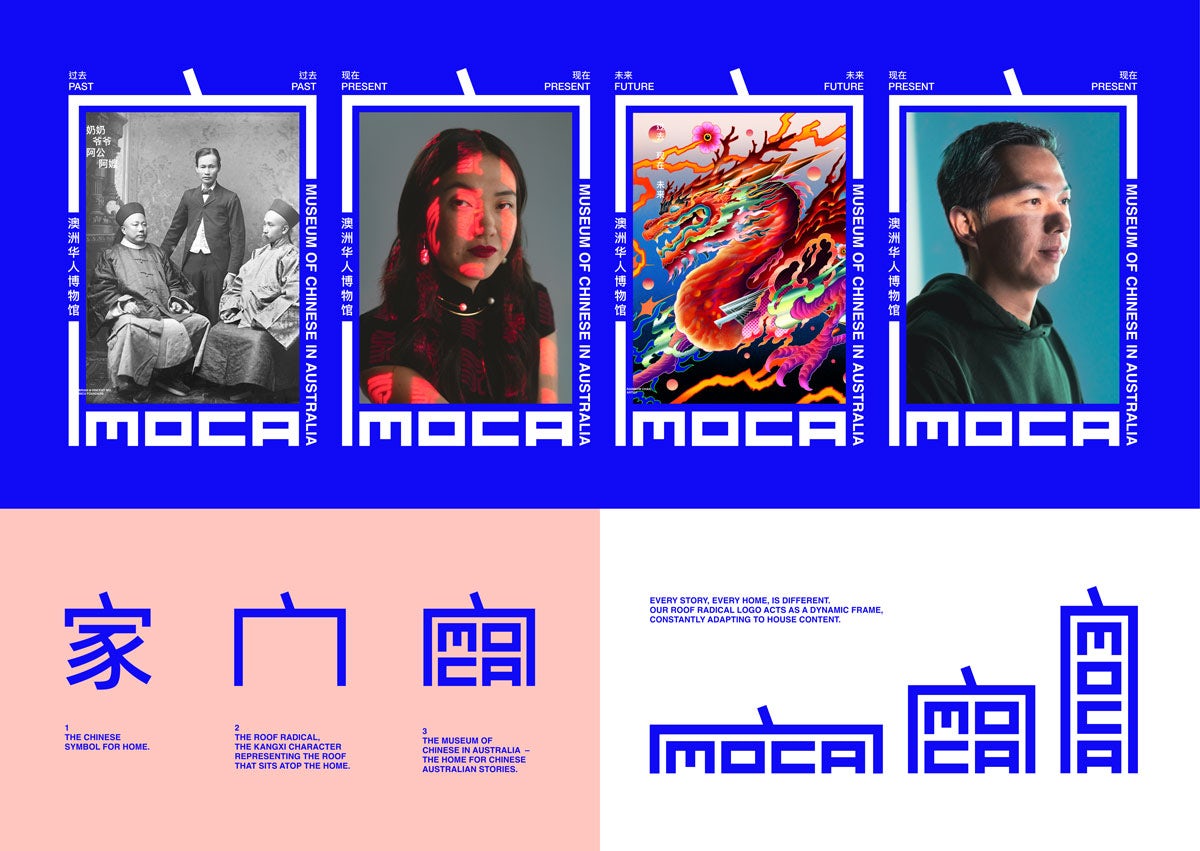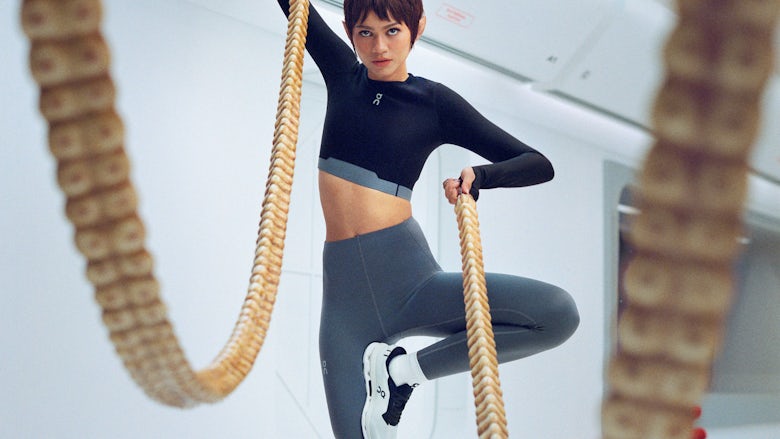How Covid shaped the next generation of talent
Young creatives were disproportionately affected by the onset of the pandemic. We look at its long-term impact on career prospects and ask whether educational institutions and the industry have done enough to support the ‘Covid generation’
For the young talent who were taking their first steps into the creative industries when the pandemic struck, it’s hard to quantify just how much of a knock-on effect it’s had on their careers. Even in the process of finding people to speak to for this article, CR was inundated with stories from those who were on the extremely clinically vulnerable list and spent most of their time at uni shielding, or had to hand in their final degree projects over WeTransfer. Others lost all their freelance work and had to go back to stacking shelves at Tesco, or landed the job of their dreams after a year of precarious placement rounds, only to be made redundant.
While no two experiences of the pandemic were the same, the common thread that clearly runs through the so-called ‘Covid generation’ is their collective sense of resilience. Lily le Moine, one half of Quiet Storm creative duo lilandsho, was in the first year of her creative advertising course when unis around the UK started shutting down campuses and cancelling degree shows. “We went from being in the studio several times a week in person for lessons and collaborating, to everything going completely online. I was in halls at the time, so I chose to go up north and be with my family for lockdown and was sleeping on the sofa for a few months,” she says.
Now a visual designer at R/GA Sydney, during Covid Kelly Phan was studying at the Rhode Island School of Design in the US. While many of her fellow international students decided to fly home or take a gap year, she chose to see out the rest of her sophomore year in Providence. “I went from attending in-person classes, creating physical installations, printing books and pinning final projects on classroom walls – where we could roam around, admire, and critique each other’s work – to managing lagging Zoom screen shares and seeing grey ‘off-camera’ profiles of people eating breakfast in their PJs. I don’t think anyone was prepared for that,” she says.





